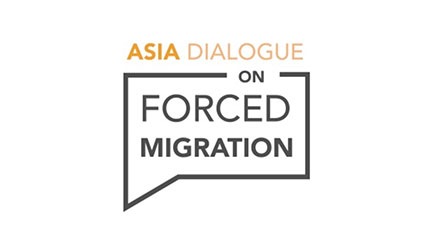I call myself a libertarian social democrat, but many of my left-wing mates condemn such a position as a contradiction. They forget that the potency of the French Revolution lay in its marriage of liberty with equality and fraternity, and that Left libertarianism has a fine pedigree.
Social democracy ensures collective intervention in the marketplace to enhance structural equality and advance the full development of our potential as human beings. Libertarianism cultivates a sceptical attitude to the self-serving claims of state bureaucracies and rent-seeking businesses alike, and ensures vigilance against the encroachment of our governments on individual and community freedoms.
Taken together, these two approaches can promote alternative ways for us to re-imagine the old Westminster public service as a democratic commons more accountable to grassroots communities. Many Australians, especially in traditional Labor areas, have lost faith in the capacity of government to deliver even the most basic services, and restoring public faith in government is a key challenge for the Left.
Armed with a healthy scepticism of the state, we on the Left can deepen democratic accountability of collective institutions that deliver social goods. But the Labor Party is obstinately romantic about the state and uncritical about the exercise of ministerial power over ordinary people by often heavy-handed government departments, such as Centrelink or Immigration. Newly elected Labor ministers might change the officers at the top of the public service pecking order, but the form of the state remains unchanged: centralised, secretive top-down bureaucracies with little avenue for citizen participation.
The Rudd government should build on the governance work of Carmen Lawrence and John Faulkner and accompany the campaign for a republic with democratic reforms to the operation of parliaments and quangos. Perhaps we should consider the election of public boards and significant local officials. At the very least the Left should debate alternatives to the bureaucratic state that would enhance our say over the services that most affect our lives and think of new ways of marrying the public with the capital and energy of entrepreneurs to deliver the common good.



